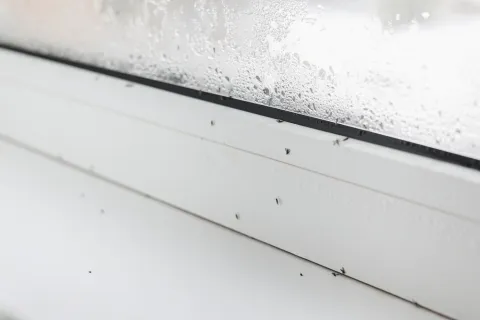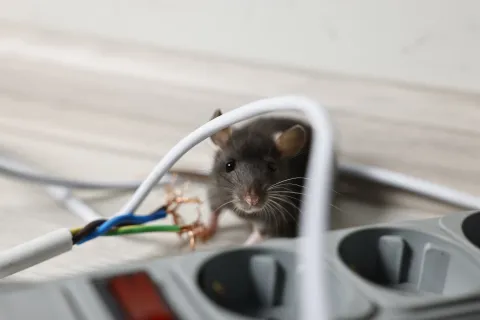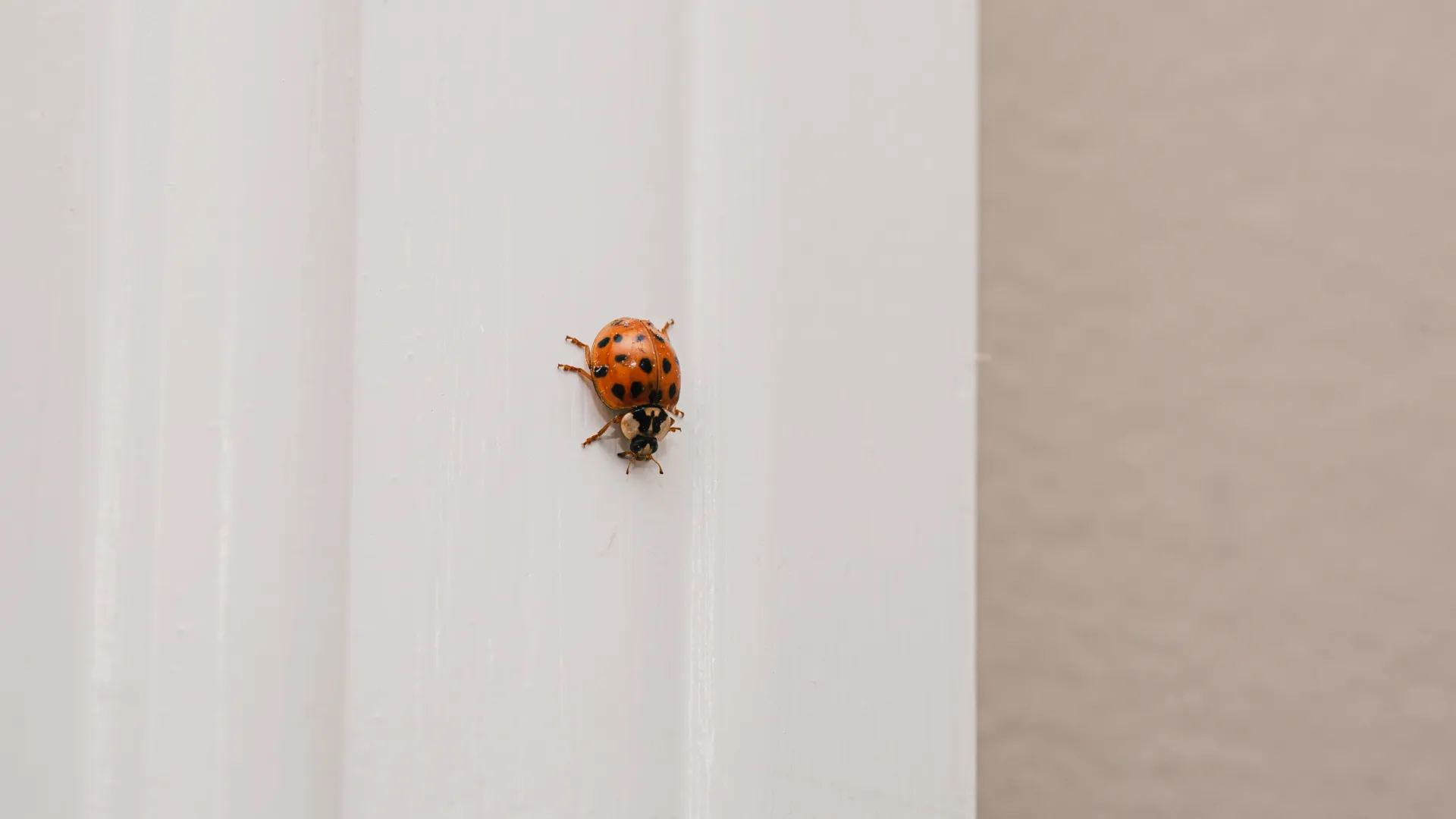
Occasional Invaders
Small Pests, Big Problems—Know the Risks
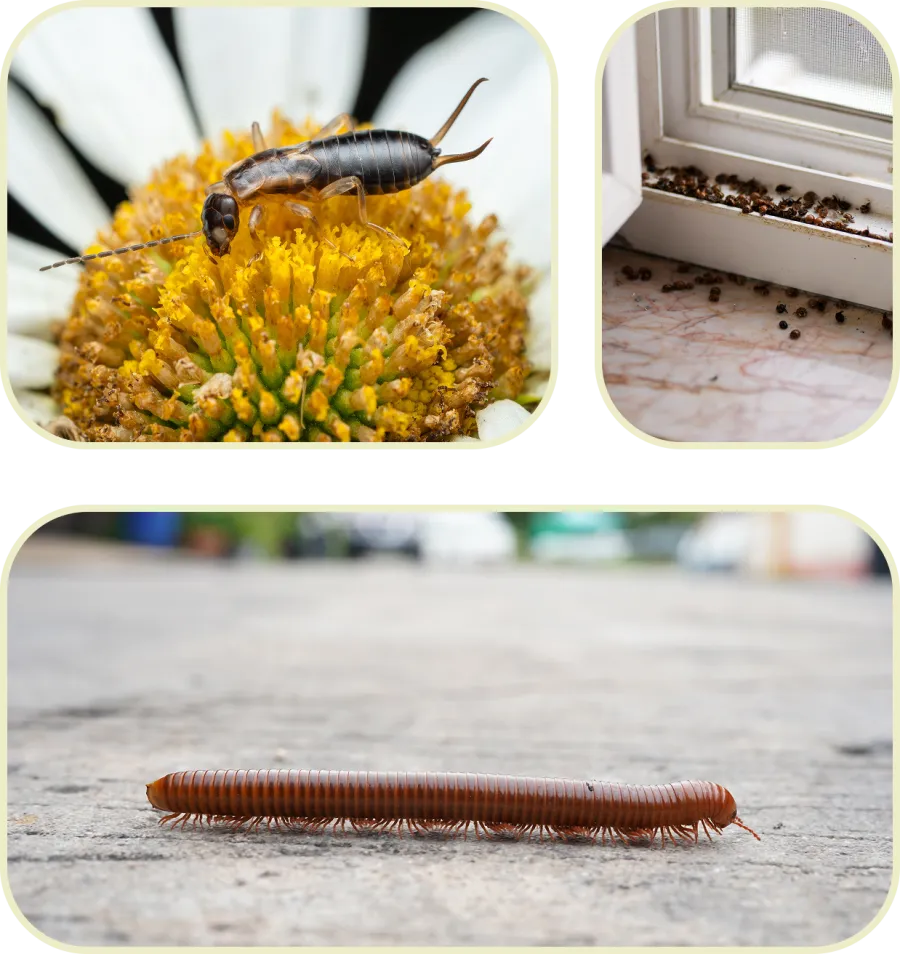
Occasional Invaders
What Are Occasional Invaders?
Occasional invaders include a wide number of common pests found throughout the United States that affect homeowners every year. While primarily a nuisance, in some cases these pests can do damage to your home or personal items. However, the main problem they pose comes from the annoyance you'll face when you have to deal with them.
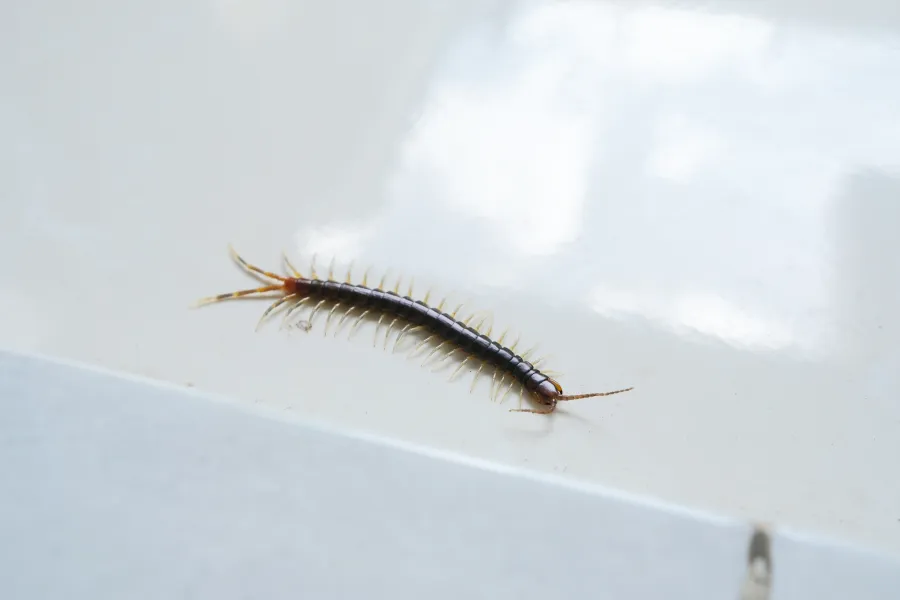
Are Occasional Invaders Dangerous?
While the danger level will vary, the main reason people dislike occasional invaders comes from the nuisance factor they bring when they swarm homes. Occasional invaders are not generally considered dangerous and instead as nuisance pests; however, in some cases, these pests can do damage to your home or personal items, especially in the case of silverfish. However, their nuisance can also serve a benefit, as their presence can indicate other issues that you may not have been aware of, like moisture problems in your home.
- Centipedes can bite people and are venomous. A bite from a centipede is quite painful, feeling similar to a bee sting. They use their venom to attack and paralyze their prey; however, the venom is not strong enough to affect a human beyond the typical symptoms of a bee sting.
- Earwigs may try to pinch if they feel threatened, but generally, they are not considered to be dangerous to people or pets. Although they may wander indoors, it is a widely accepted thought that earwigs are an "occasional invader" and that they are nothing more than a nuisance pest.
- Although Asian lady beetles may bite, their bite does not seriously injure humans or spread diseases. If crushed, the beetles will emit a foul odor and leave a stain. The dust produced from an accumulation of dead beetles behind wall voids may trigger allergies or asthma in some people. Their tendency to aggregate and their ability to enter structures may cause this insect to become a significant structural pest. There have been reports of hundreds and even thousands of these beetles found in and on homes.
- Millipedes are not poisonous and do not bite or sting. They can emit a horrible fluid in order to defend themselves. Some species of millipede can spray this fluid several inches. The fluid can cause skin irritation in some people and should be washed off right away. Additionally, it may take some extra scrubbing to get rid of the odor.
- Silverfish are not associated with any disease, though the property damage they cause can be extensive.
- Even though bird mites need the blood of birds to complete their life cycle and survive, they can bite humans. Human blood, though, isn't enough for survival. Symptoms of a bird mite bite are similar to bites of other insects and mites. You may develop small red bumps or a crawling sensation on your skin. Bird mite bites also cause itching, which can be severe at times, and in rare cases can result in a bacterial infection.
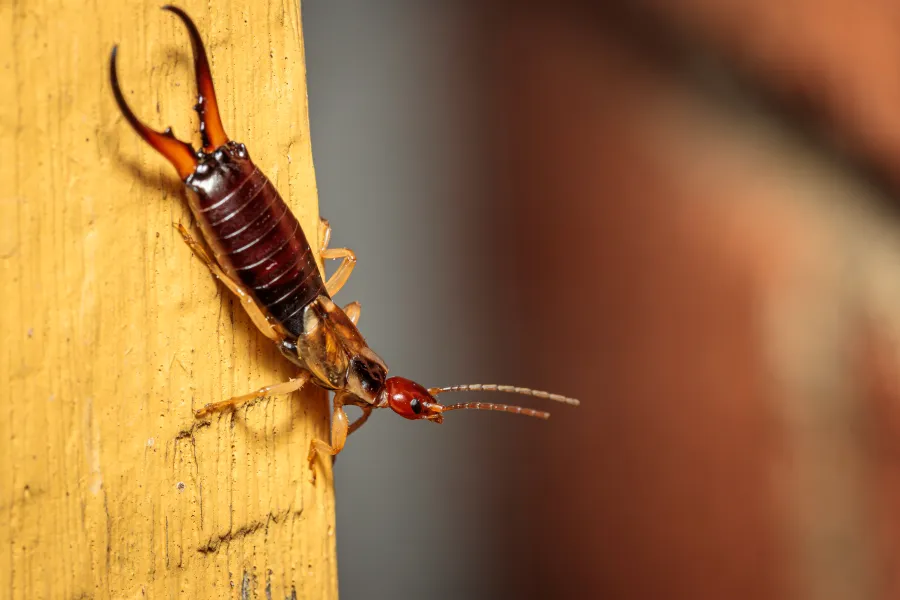
Steps You Can Take To Prevent Occasional Invaders In Western Washington
The best advice when it comes to occasional invaders is simply to give them no reason and no opportunity to come inside. Here are some general tips you can use to protect yourself from occasional invaders around your home:
- Seal any cracks or crevices that are visible in your home or building's foundation or exterior walls using a good quality silicone caulk.
- Make sure to keep gutters clear and that they are directing water away from your home.
- Keep logs, rocks, and other organic material away from the exterior of your home or building.
- Reduce moisture problems in and around your structure.
- Swap out your regular fluorescent lights with sodium vapor yellow lights (bug lights) to deter earwigs.
- Seal cracks around windows, doors, utility pipes, siding, behind chimneys and underneath the wood fascia and other openings.
- Repair or replace damaged screens on doors and windows.
- Replace worn or damaged weather-stripping around windows and doors.
- Use a dehumidifier in damp areas of your home.
- Keep your yard free of any rotting wood, decaying grass, and leaf piles.
- Create an 18-20 inch gravel or stone barrier between the lawn and the foundation wall.
- Avoid close contact with birds or bird nests that could expose you to clover mites.





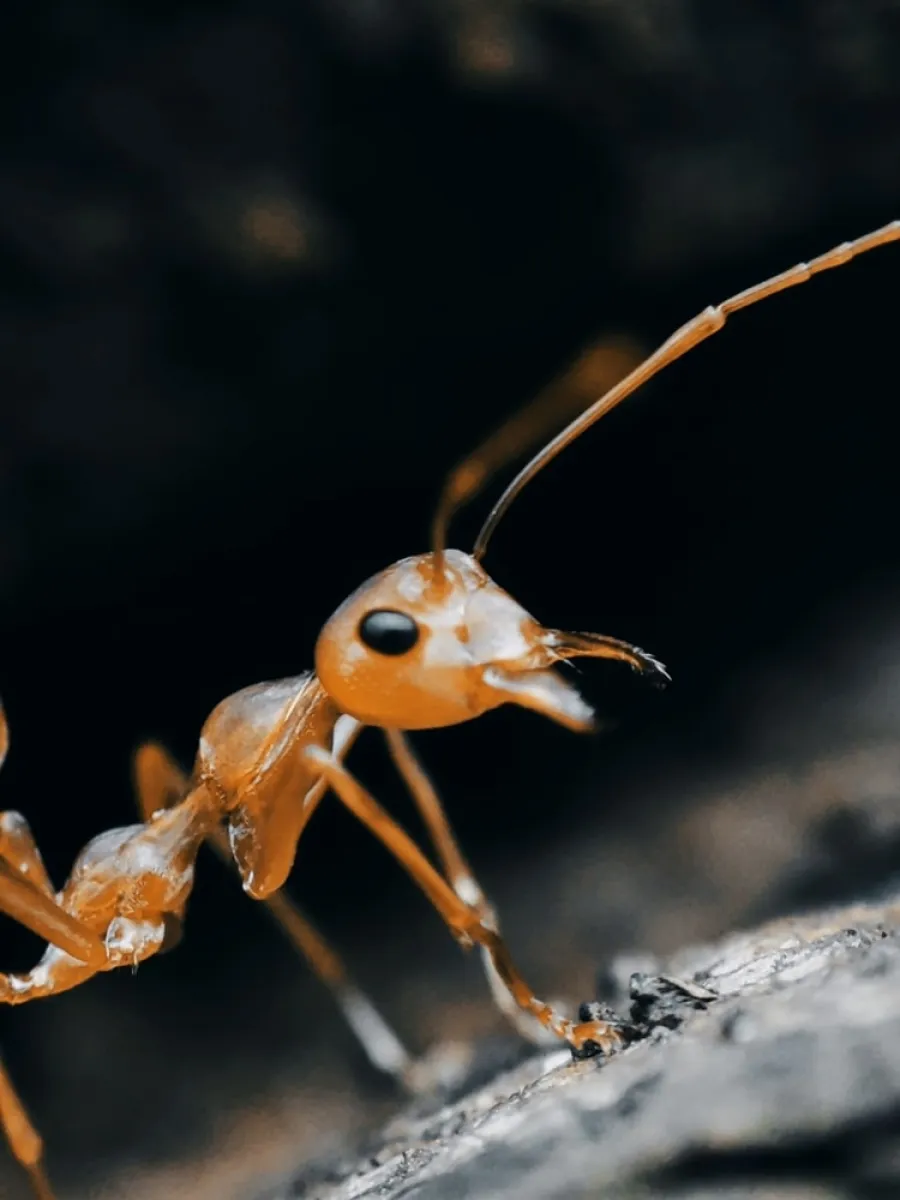
Why To Call Guard Pest Control For Help With Occasional Invaders
Occasional invaders can be particularly difficult pests to eradicate. These pests are often tiny, and while they may not be as tenacious as some pests, they tend to infest homes in significant numbers when they become a problem, making DIY pest treatments ineffective as they fail to eliminate the entire infestation.
Even if the pest that's bothering you isn't an immediate threat, it's always best to leave it to the professionals. DIY pest control generally does not address the root of the problem, while it may get rid of the pest for a short period, they will often come back. That's where a professional home pest treatment or a professional commercial pest control treatment regiment from Guard Pest Control comes in.
An inspection and treatment by our Snohomish pest control professionals can help eliminate these pests and identify issues that may be contributing to their presence. No matter what pest is bugging you or the size of the infestation, Guard Pest Control can help. Our team of pest experts have all the tools and know-how you need to make any occasional invader around your home a distant memory. Contact us today to find out more about how we can help.


